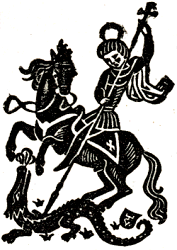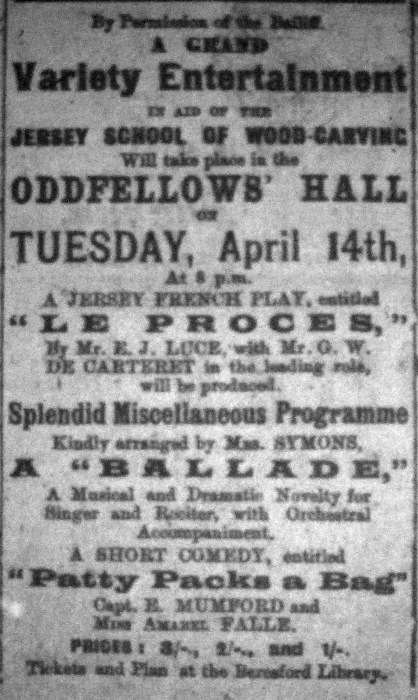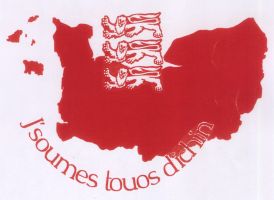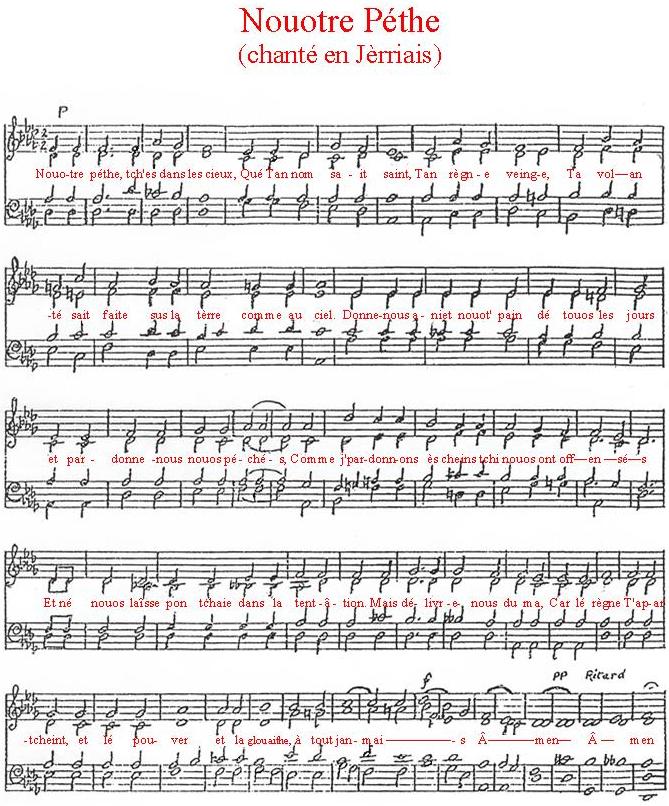Another interesting Language Log post (plus comments) on anomalous plurals in Spanish brings to mind the case of mixed plural and singular in Jèrriais time expressions.
- à ces sé = this evening
- à ches drein = recently, lately
- ches S'tembre = this Autumn
- ches R'nouvé = this Spring
- ches Noué = this Christmas
- ches Pâques = this Easter
The older form of à ces sé is the more regular à ches sé - somehow French ces has displaced native ches in this set expression (theories, anyone?). Ches is plural, but sé is singular; if we want to say "this evening" or "that evening" to refer to a particular evening we might say chu sé, or chu sé-là, with regular singular agreement (e.g. chu sé à bord, la mé 'tait coumme eune hielle = this/that evening on board, the sea was dead calm), but the set time expression mixes plural adjective with singular noun. The same goes for expressions like à ches drein where ches is plural but drein is singular, and so on.
À ces sé is such a set expression that it turns up in literature as a single word, e.g. asêsé in Courting Days, and assêsé in A Cockfight and its Moral (both texts by E Le Brocq), or in a form such as à sêsé in Lé Temps Passèt.

















